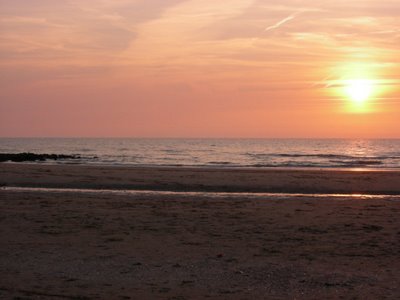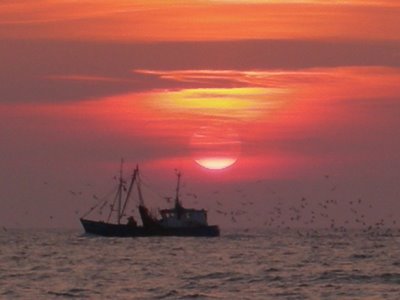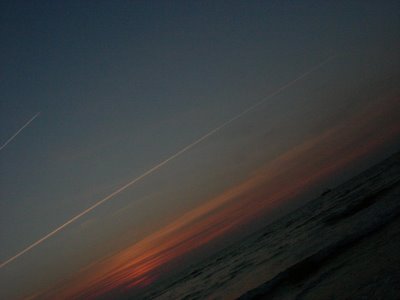“Een duivelse klus voor Mark Rutte” [A devilish job for Mark Rutte]
Marcel ten Hooven, 19-22 Vrij Nederland, 10 juni 2006
The effects of the rise and fall of Pim Fortuyn on Dutch politics cannot be overstated. His straight-talking (despite the fact he was gay), no-nonsense and confrontation style spoke to voters. But what was the real secret to his success, and why does it seem like the ‘liberal’ VVD party has been trying to recover, or at least take over, his legacy?
Part of the reason is appealing to the people’s disgust of politics and ‘dilly-dallying in
“From time immmorial the VVD also attracts support among voters who are susceptible to that populistic story that ‘Den Haag’ only bothers them with high taxes, unnecessary rules and a submissive attitude toward parasites. The VVD viewed the seats [in Parliament] that List-Pim Fortuyn gained in 2002 also as its [the VVD’s] seats.”
And again we come back to the very embodiment in the VVD, Ms Rita Verdonk, who displayed cunning leadership and die-hard determination which proved to be fatal in her attempt to become party leader:
“Above all, she used, just as Fortuyn did then, the distrust of the voters against the incumbent power for [her] own political gain, by setting herself against the ‘party-establishment’ as ‘candidate of the members [of the Party]”
It seems trying to distance yourself from the image of the lazy bureaucratic politician in Den Haag is a popular/populist tactic employed by aspiring leaders, including Wouter Bos, leader of the Labour Party, and Lousewies van der Laan, who recently put herself in the campaign for control of the D66 party (Democrats). But how effective is it?
“Political research has shown that citizens see [political] parties first and foremost as representatives of the state than of themselves. Against this background populism is an education form of criticism of democracy, against parties that identify themselves more with the government than with the citizens.
One of the explanations for the distrust is that the environment of modern, individualised voters collides against a established order that took form in the previous century as all sorts of collectivities, of which political parties was one of them. In this explanation Fortuyn has his individualism to thank for his unprecedented success. From his own personality he made his political weapon and projected himself averse to the organised party.”
And how do you become a populist? How do you attract voters? Simple: by appealing to their most urgent needs and playing on their immediate fears. Verdonk does this, if nothing else, well:
“Another explanation starts from the premise that politics [is unable] to place itself in the daily experiences and concerns of the citizens. Verdonk wanted to answer [that call] with a nationalistic integration policy, well-guraded borders, and linearity in the maintenance of rules.”
UPDATE 10 juni 2006
And politics got more interesting after it was revealed that a member of the cabinet, who is of the same party as Minister Verdonk, called Verdonk a “kutwijf”(lit.: cunt-woman, ie. bitch)





























